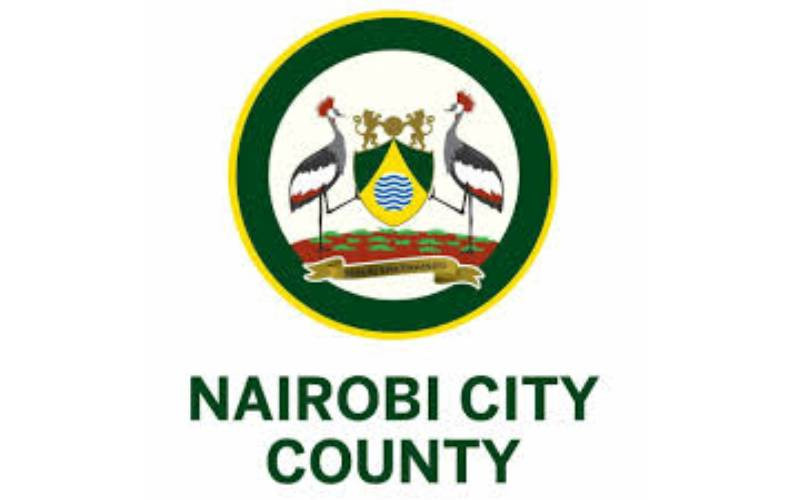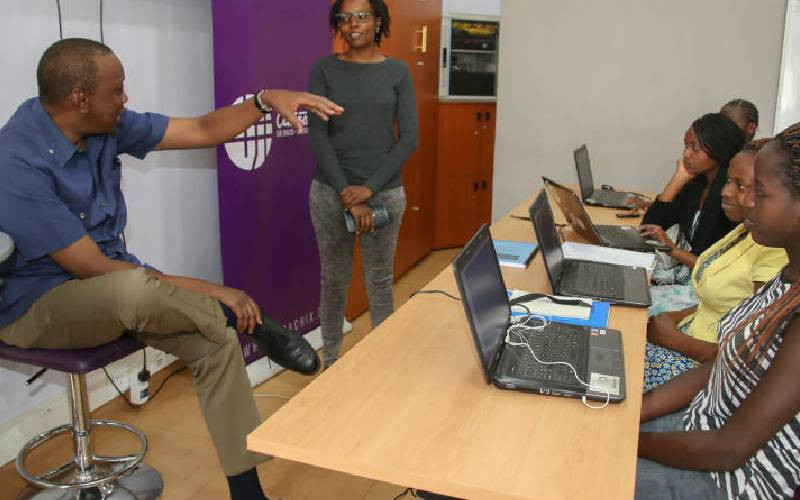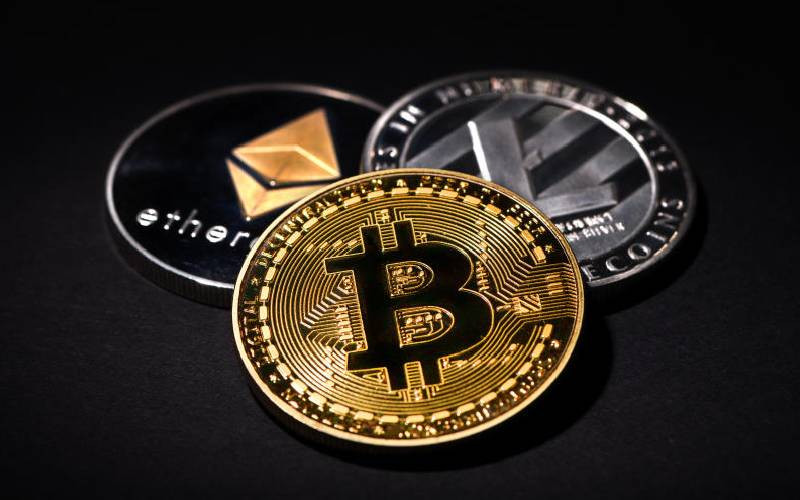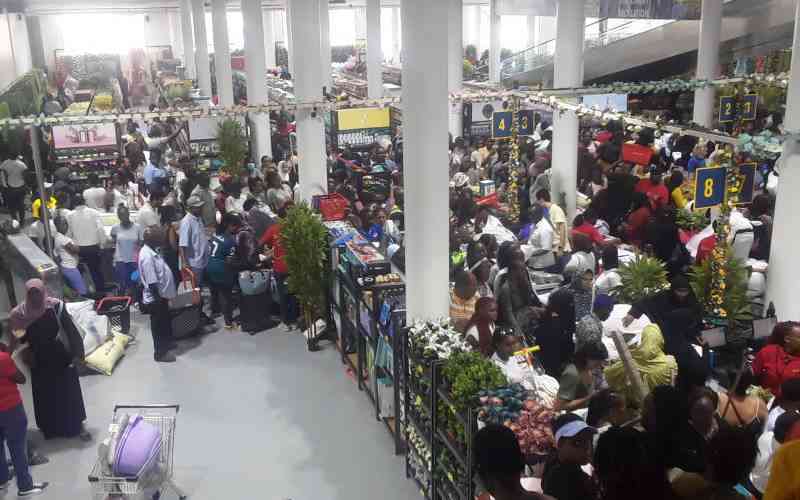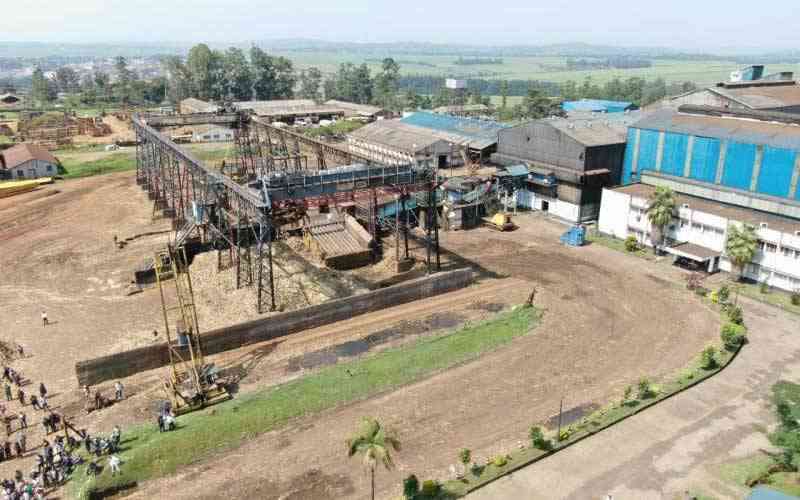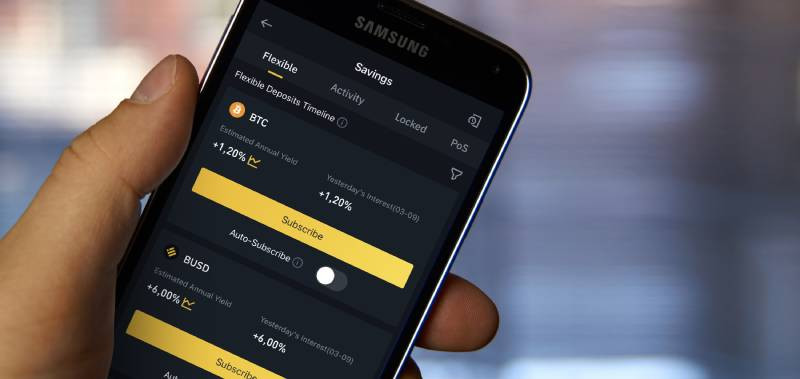
If you still think that “Fiat” is a make of car and a ramp is something that makes it easier to wheel your trolley, you probably haven’t yet begun trading cryptocurrency. And that’s probably because there’s a lot you don’t know about it. One of the reasons many people are put off dealing with cryptocurrency is that they can’t see or touch it. Not that we can be blamed – if it took time to muster up the trust to save money in a bank account rather than under the mattress, it would take much longer to feel comfortable paying for something with virtual currency. That said, once you understand how cryptocurrency works, it makes great sense.
For example, one of the greatest advantages – and attractions – of cryptocurrency is the fact that no one owns it. Then, some organizations own traditional payment pathways, like banks. Their ownership of these channels means you have to ask when you want your money, or if you want to use it for a transaction. With crypto, on the other hand, there’s no need to ask permission: if you have the right software (which is free to use), you can act on your own. This autonomy is a major draw for many in Kenya.
In Kenya, cryptocurrency's appeal is growing rapidly. In fact, Africa is home to some of the most well-developed crypto markets globally, with Kenya ranking 19th respectively Chainalysis' Global Crypto Adoption Index. You can use it to pay for nearly anything you would typically purchase with traditional money. For example, if you need to make a payment, the recipient will receive their funds almost instantly, and you’ll spend much less compared to traditional payment methods. For those concerned about online transaction security, Binance’s dedicated team ensures robust security and compliance to protect you against sophisticated digital fraud.

But what is it, exactly?
Now you know why you should be using crypto – but you might not yet understand what, precisely, we’re talking about when we mention the term. The most basic unit of any cryptocurrency is the blockchain. That raises another question: what is blockchain? Each cell in the database is called a block, so it makes sense that several together are called a blockchain. If a block is changed, the fingerprint changes. And, of course, because it’s a chain, every single block becomes affected in the same way, so any tweak made to the chain is immediately noticeable.
Your next question is probably this: if coins and notes are made in a mint, how is blockchain made? The answer is that blockchains are mined through a rather complicated process that requires software able to create blocks.
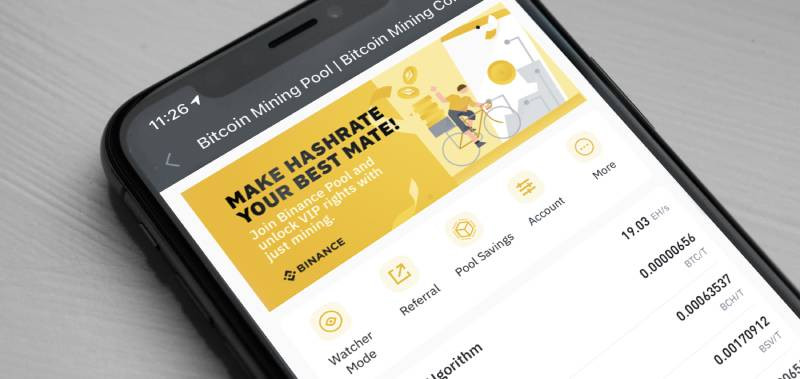
How to use it?
By now you know that when it comes to uses, there’s very little difference between crypto and fiat money – whatever you can buy with coins and notes, you can buy with crypto, too. You can also trade in crypto, or invest – so, again, it’s quite similar to fiat. You can even use it to earn a passive income. For instance, Binance has increased customer assets through Proof of Reserves, by US$42B year-to-date.
So now what’s next?
With the recent surge, increasing trust, and interest in digital assets within the continent, Bitcoin is certainly proving to be the future of finance. Binance Pay has been a pivotal player in this surge, offering secure transactions for buying, selling, and investing in cryptocurrency, as well as making everyday purchases from a device.
Interested in starting your crypto journey?
It’s a good idea to read up a little more on crypto and find out which currency is right for you, as well as how to take part in trades or how to invest. You’ll find plenty more information on these topics at the Binance Academy, which is available to the public.
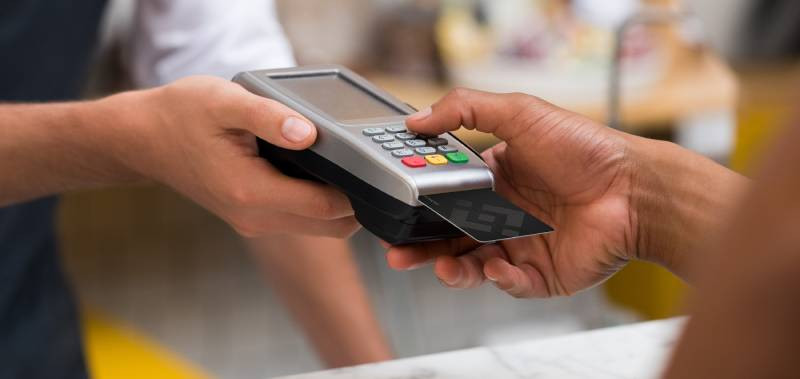
Did you know: With over 200 million users worldwide, Binance celebrates its seventh anniversary in 2024. The company remains dedicated to its core values of user focus, innovation, and a robust work culture. Click here to discover seven intriguing facts about Binance that you might not know.
Risk Warning: Digital asset prices are subject to high market risk and price volatility. The value of your investment may go down or up, and you may not get back the amount invested. You are solely responsible for your investment decisions and Binance is not liable for any losses you may incur. Past performance is not a reliable predictor of future performance.
You should only invest in products you are familiar with and where you understand the risks. You should carefully consider your investment experience, financial situation, investment objectives and risk tolerance and consult an independent financial adviser before investing. This material should not be construed as financial advice. For more information, see our Terms of Use and Risk Warning.
 The Standard Group Plc is a multi-media organization with investments in media
platforms spanning newspaper print operations, television, radio broadcasting,
digital and online services. The Standard Group is recognized as a leading
multi-media house in Kenya with a key influence in matters of national and
international interest.
The Standard Group Plc is a multi-media organization with investments in media
platforms spanning newspaper print operations, television, radio broadcasting,
digital and online services. The Standard Group is recognized as a leading
multi-media house in Kenya with a key influence in matters of national and
international interest.
 The Standard Group Plc is a multi-media organization with investments in media
platforms spanning newspaper print operations, television, radio broadcasting,
digital and online services. The Standard Group is recognized as a leading
multi-media house in Kenya with a key influence in matters of national and
international interest.
The Standard Group Plc is a multi-media organization with investments in media
platforms spanning newspaper print operations, television, radio broadcasting,
digital and online services. The Standard Group is recognized as a leading
multi-media house in Kenya with a key influence in matters of national and
international interest.






